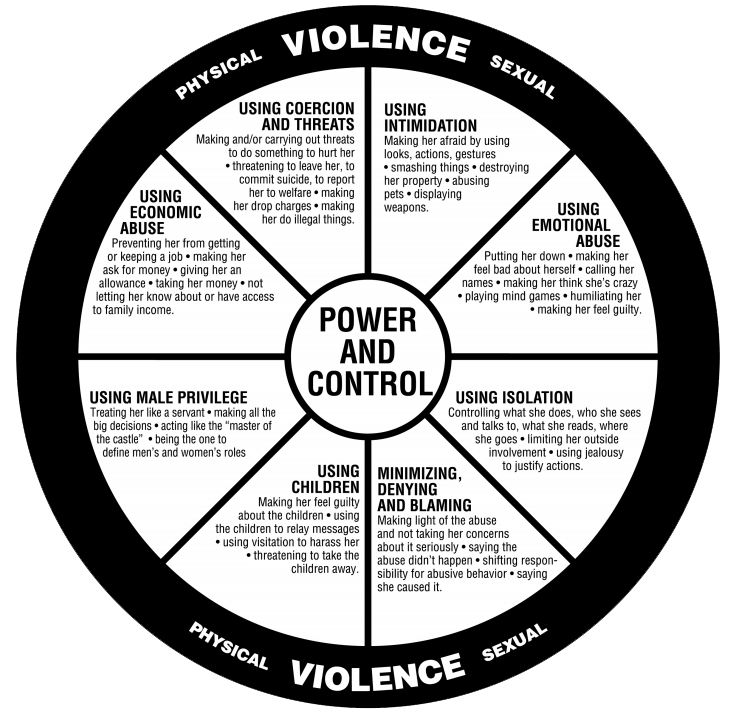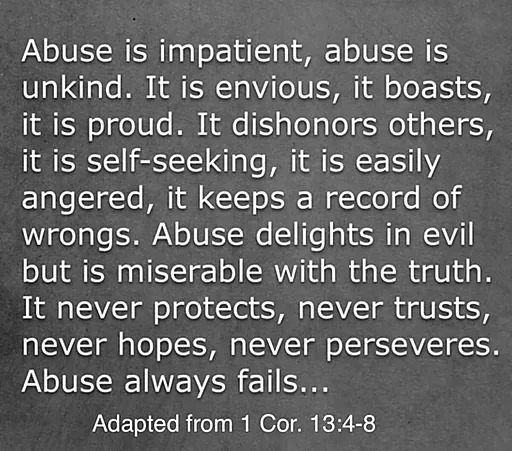Survivors
Healing begins with understandingUnderstanding destructive relationships
When one person in the relationship clearly has more power than the other and consistently uses it to promote selfish interests, that’s a clear sign that the problem is far more than just a marital problem.
To identify whether or not a relationship is abusive, we need to look for an overall pattern of coercive control. Do you feel free to express yourself? Do you feel as if the relationship is one-sided and only your partner benefits from it? Do you often feel afraid of upsetting your partner? Abuse can be very subtle, but the bottom line is that it diminishes who you are and gives extreme power to your partner. *
*Taken from Called to Peace: Companion Workbook by Joy Forrest . Blue Ink Press. Kindle Edition.
ARE YOU IN A DESTRUCTIVE RELATIONSHIP?
TAKE THE QUIZ TO FIND OUT
ARE YOU IN A DESTRUCTIVE RELATIONSHIP?
TAKE THE QUIZ TO FIND OUT
Is it abuse?
How we help

Is it abuse?

How we help
Is it abuse?

How we help
IS A SUPPORT GROUP RIGHT FOR ME?
IS A SUPPORT GROUP RIGHT FOR ME?
WHAT DOES SCRIPTURE SAY ABOUT ABUSE?
Using power and control to diminish others and to promote selfish interests stands in direct opposition to God’s heart for the weak, needy, and oppressed. Scripture uses the term oppression to describe such behavior and God clearly hates it (Is. 1:17, Ps. 147:7-9 Ex. 22:7).
In 1 Corinthians 13:4-8, we find that these abusive traits are the exact opposite of God’s definition of love in 1 Corinthians 13. We often ask those suffering in destructive relationships to read this passage, because it can also be a great way to help them determine whether their relationships are abusive. If you find yourself confused about what is happening in your relationship, you can take our quiz to learn more of the warning signs of abuse. Remember that God’s heart is for you, and he is calling you to peace (Ps. 56:9, 1 Cor. 7:15).
“Give justice to the weak and the fatherless; maintain the right of the afflicted and the destitute. Rescue the weak and the needy; deliver them from the hand of the wicked.” Psalms 82: 3-4 ESV
